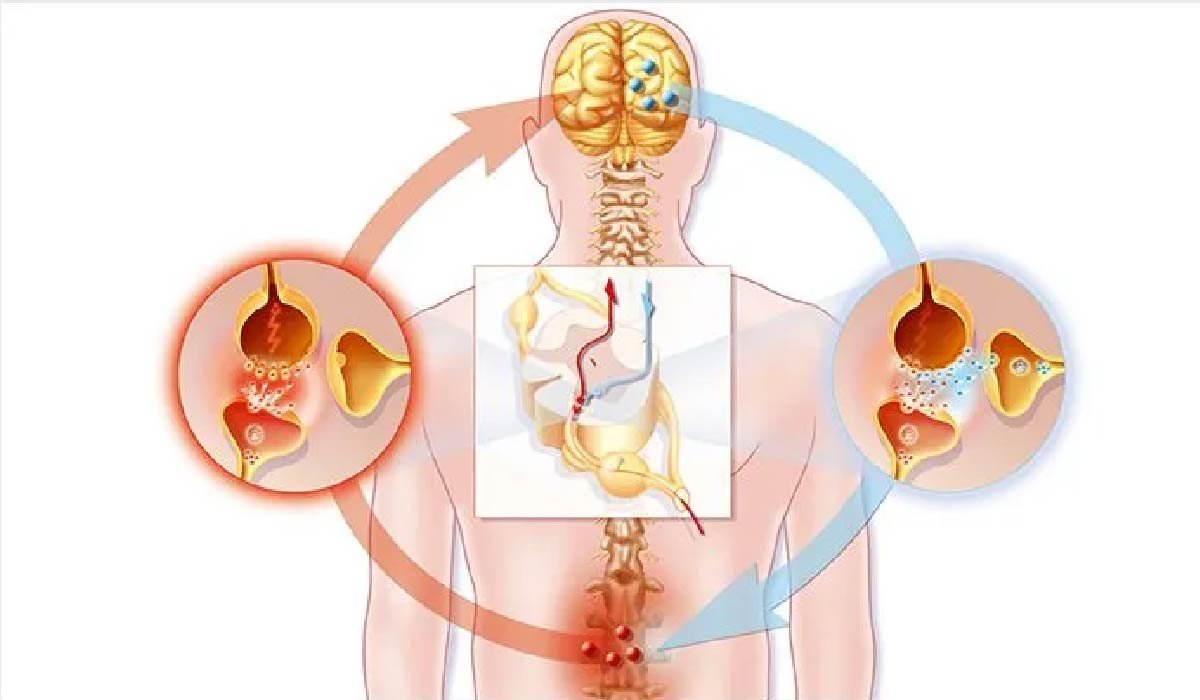Neuropathic pain often feels like burning, tingling, or stabbing and results from nerve damage or malfunction. These sensations interrupt normal sleep and prevent patients from reaching deep rest. Many patients with chronic pain report trouble falling or staying asleep. As sleep quality drops, pain levels may tend to rise. Sleep specialists can help improve sleep.
Pain disrupts the body’s natural sleep cycle, particularly the deeper stages of rest. Without proper sleep, the nervous system becomes more sensitive. This leads to a lower pain threshold and greater discomfort. A harmful loop forms where sleep loss worsens pain, and pain keeps disrupting sleep.
How Poor Sleep Makes Pain Worse
Sleep problems increase inflammation in the body. These responses raise pain sensitivity and reduce coping ability. A single night of poor sleep can raise pain levels the next day. Over time, this adds to emotional strain and physical fatigue.
REM sleep helps the brain manage pain signals and emotional reactions. When this stage gets interrupted, patients report more intense pain. Chronic pain also causes more nighttime awakenings, which makes it harder for the brain to reset. As sleep fragments, the body loses its natural way to handle pain.
The Role of Sleep Specialists in Chronic Pain
Sleep specialists play a key role in helping patients manage pain through better rest. They spot sleep disorders that often get missed during general pain treatment. These may include insomnia, restless legs syndrome, or sleep apnea. Treating these problems often leads to better pain control.
Sleep-focused treatment helps patients avoid medication overuse. Some pain medications may even cause sleep problems or worsen fatigue. By focusing on sleep health, specialists add a new layer of support. This approach gives patients tools that help beyond medication.
Sleep-Based Therapies That Support Recovery
Cognitive Behavioral Therapy for Insomnia, or CBT-I, is one proven method for improving sleep. It helps patients change habits and thoughts that block restful sleep. CBT-I is especially helpful for those who wake often due to pain.
Some medications used for nerve pain also help with sleep. These include tricyclic antidepressants, gabapentin, and pregabalin. These drugs reduce pain signals and promote deeper rest. For those with sleep apnea, continuous positive airway pressure (CPAP) treatment often leads to better sleep and lower pain levels.
Teamwork Leads to Better Outcomes
Chronic pain needs a team approach. Sleep specialists, neurologists, pain specialists, and mental health providers should work together. Each expert brings a different skill that helps build a full care plan. Together, they support both sleep and pain recovery.
Better sleep means better days for patients with nerve pain. It raises mood, boosts function, and reduces the impact of pain. Sleep specialists offer new ways to improve health without always adding more medicine. Their work helps patients find relief that lasts.
Take the Next Step Toward Better Sleep and Less Pain
Improving sleep can make a real difference for those living with neuropathic pain. By working with sleep specialists, patients gain access to personalized care that targets both rest and relief. Better sleep supports healing, restores energy, and reduces pain sensitivity. Start exploring sleep-focused solutions today to reclaim comfort and improve daily life.
For More Information Visit Walkermagazine
















Leave a Reply